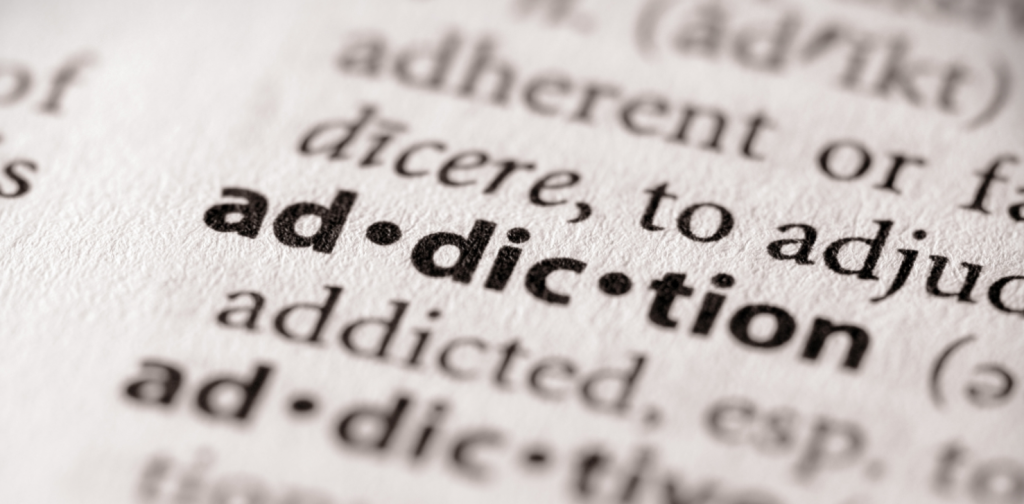Almost everyone I know says that they are addicted to sugar, but is sugar addiction a real addiction? What I mean is: how does sugar-addiction compare to other known addictions such as alcohol, cigarettes, or even drugs like morphine? Let’s take a look and you can decide for yourself.
While each addiction has its own unique features, they all share some things in common. It doesn’t matter if you are addicted to Jack Daniels, Marlboro Cigarettes, or even heroine; once addicted, they are all very similar.

Let’s say you are addicted to any of the above substances and you decide to quit, here are the typical stages you will go through.
- The first stage is deciding to quit. This stage can go on for years. There are smokers who wake every morning for years determined not to have another cigarette, but then start smoking right after breakfast. The tipping point for change comes when the cost of the habit becomes more than the cost of continuing. For example, a smoker may begin coughing and become worried about cancer, a drinker may blank out or miss work, or a heroin addict may end up the emergency room. However it happens, the addict makes the decision to change their life and quit their addiction.
- Quitting: The second stage is actually quitting the addiction. Typically this is very difficult and many people experience withdrawal symptoms such as tremors, nervousness, paranoia, anxiety, sleeplessness and intense cravings for the drug of choice.
- Improvement: If the addict makes it past the quitting stage, which is generally a few days to a few weeks, they usually feel much better. Typically, they have more energy, sleep better, have a better outlook on life, and feel much better.
- Temptation: All addicts are tempted to return to their drug. It may be a week, month, or even years later, but they will all be tempted. Many people mistakenly begin to think that they have control over their addiction and can use just a small amount and not have any problems. This is usually a mistake because once someone tries their addiction again; they usually end up binging and taking even more. Binging when returning to an addiction is very common.
But is Sugar Really an addiction?
Read through the above, doesn’t that sound exactly like what happened the last time you went on a diet?
- Deciding to quit: First you decided to eat differently. You may have spent weeks thinking about it before you finally were able to make a commitment.
- Quitting: You took many sugary foods out of your diet, but it hurt. You might have had the shakes, changes in mood and intense cravings.
- Improvement: After a few days on the diet you began to feel much better.
- Temptation: You were pretty good following the diet, but then you decide to take a small taste of something sweet and soon, you have eaten more than you even thought you would. You continued binging until you now weighed more than you did when you started a diet.
Sugar is a real addiction and there are scientific studies to prove it (a later blog post will review these), but most people recognize that sugar addicts behave exactly like all other addicts.











I have been addicted to sugar most of my life. I have gained and lost a lot of weight over the course of my life with my most recent weight loss of 110 Lbs. But as usual once I go off the eating plan the weight starts to come back – I have gained (at last check 50 Lbs.) Binging & then healthy eating but the binging lasts longer & the weight comes on quicker – I know that I need to avoid all sugar or foods that turn to sugar in the blood stream to stay healthy – but there always seems to come that time when I think I have been away from it for so long a little bit will be ok – and then I am off & running – so YES it is a real addiction!!!!
Tracey,
It is amazing how much the addiction roars back when you just have a small taste of something you think you can handle! Good for you to keep moving forward despite your setbacks!
Dr. Scott
I am a believer that sugar addiction is real… very interested in your thoughts.